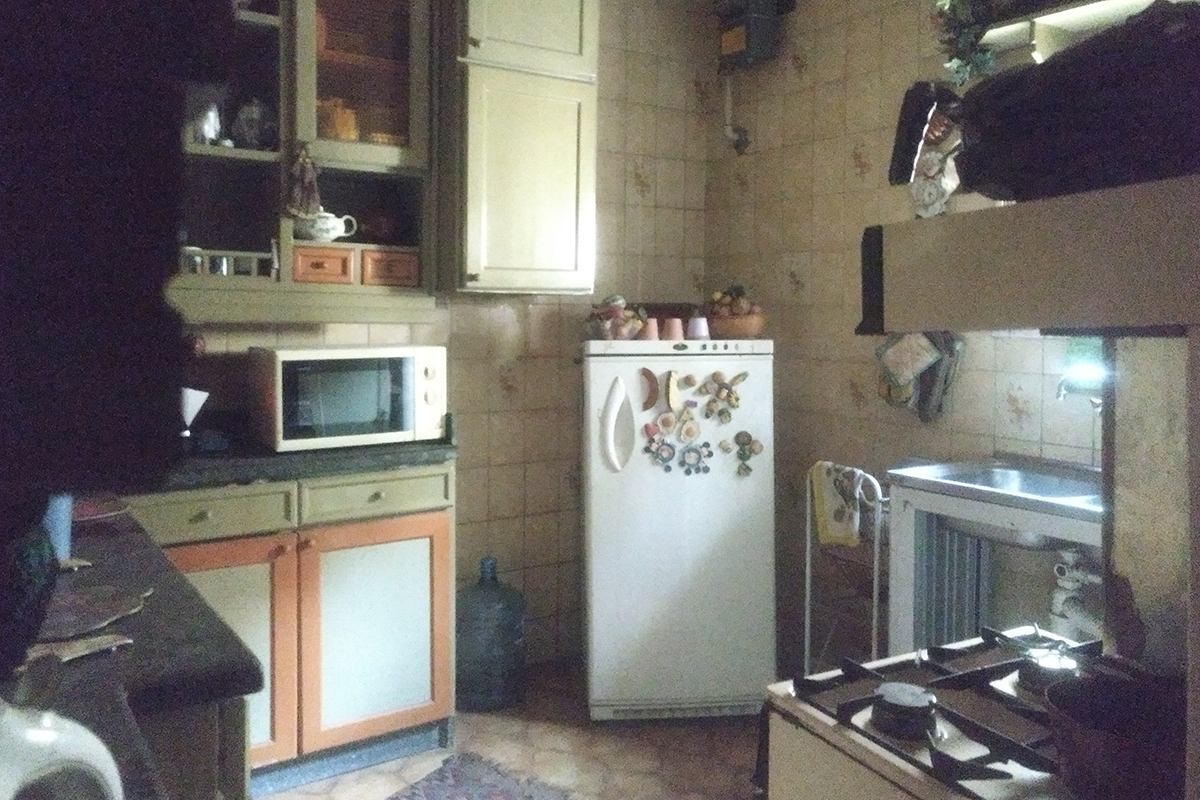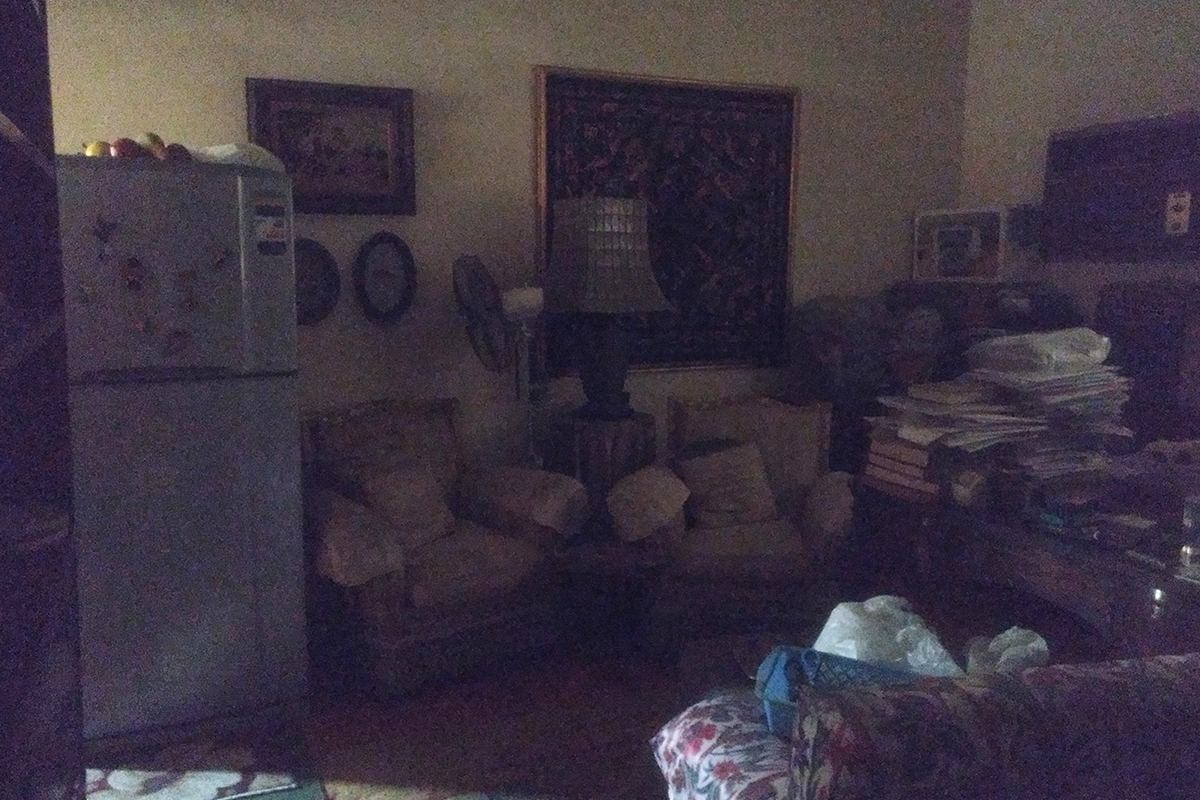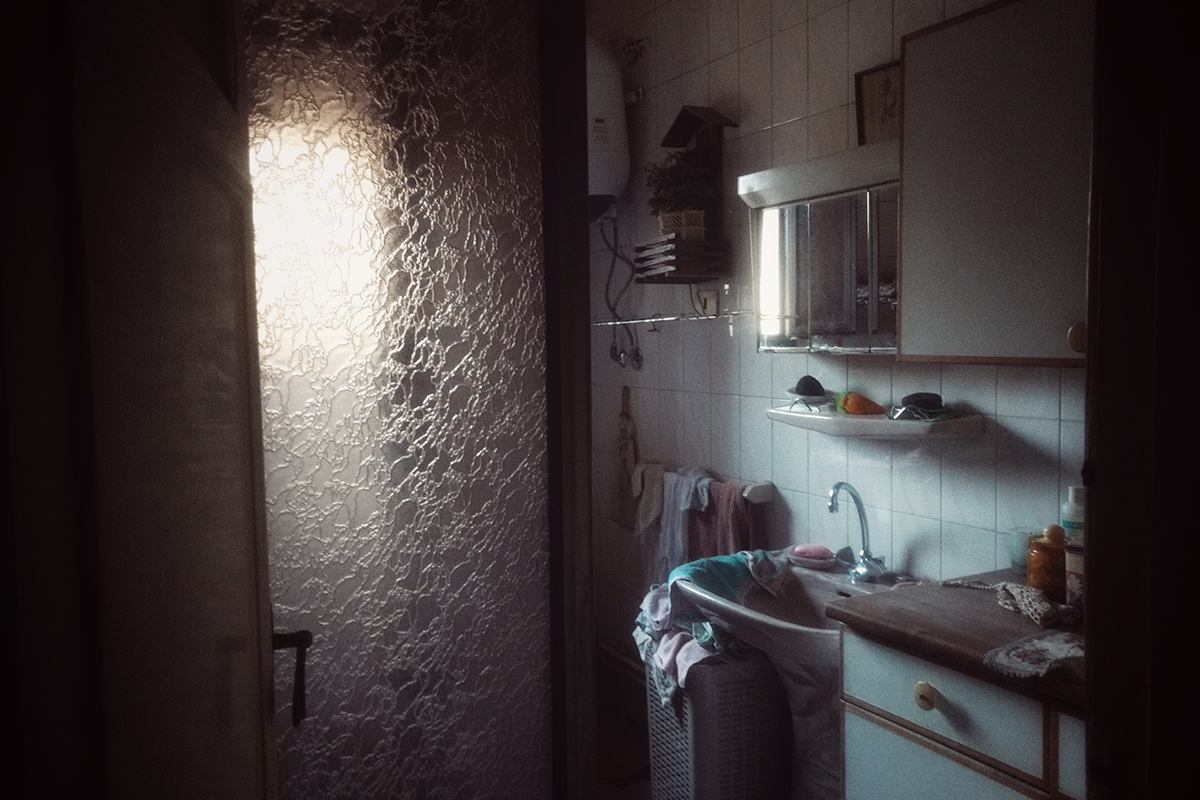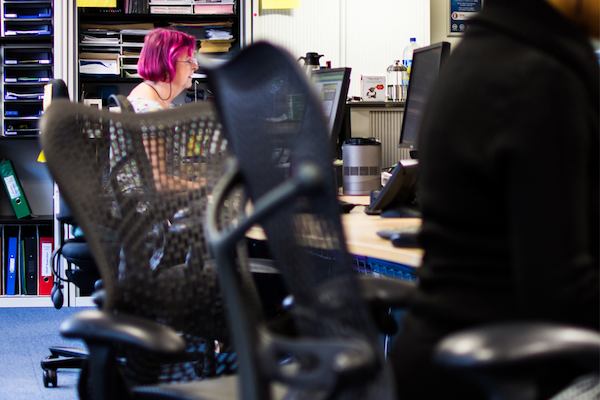Seeing someone deteriorate is tough, there's no doubt about it. I still carry with me memories of my active, loving and caring grandma. But for the last three years, she has declined both physically and mentally.
My grandma has been widowed for exactly 30 years, living alone all this time. In the past, she epitomised independence and strength, with my dad emigrating to the UK a year after the passing of my grandad. She'd managed to find things to occupy her time, whether that was knitting or travelling the world and meeting up with friends.
Now, she's distanced herself from many of the activities she used to enjoy and has been housebound for a couple of years.
My grandma’s visits to the UK have stopped, and her car is parked away in the garage, collecting dust. She receives a couple of phone calls from family members a day, but beyond a domestic cleaner and makeshift carer (the 'bouwab' – a caretaker for her block of flats) she rarely sees anyone else. With limited mobility and worsening physical condition, as well as loss of hearing and diabetes, I feel as if depression and social isolation are almost inevitable. Her fridge accommodates only milk and cheese pies – virtually nothing else in sight.
I find it striking to see how much her physical decline has had an impact on her mental state, and vice versa.





